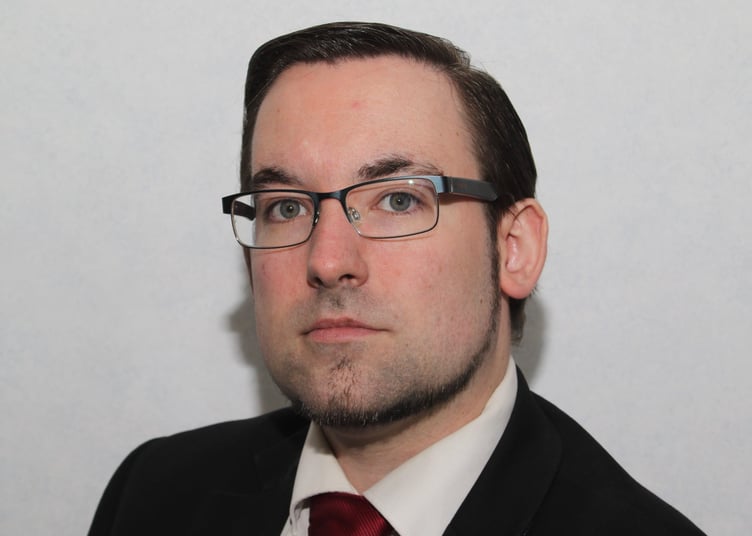Tynwald has voted to shorten sitting times but has not opted to add more dates to compensate.
Members debated whether to make a change to the times in which they sit in the future this week.
Sittings will now run from 10am to 6.30pm, as opposed to the previous 10.30am until 8pm in Tynwald and 10am until 5.30pm in the House of Keys.
This change was part of a number of recommendations made by the Tynwald Standing Orders Committee.
Its members include Juan Watterson, Lawrence Skelly, David Ashford, Claire Christian, Joney Faragher, Tim Glover, Lawrie Hooper, Diane Kelsey and Kerry Sharpe.
The committee’s second report for this 2022-23 session said: ‘Having consulted all members, we consider that the present end time of 8pm is too late.
‘Even though it is only one or two days a month it does not support a good work/life balance for members and staff, and as such could have a negative impact on the diversity of our parliament.
‘A long sitting day does not necessarily make for good decisions or for a high quality of debate. We consider that an end time of 6.30pm would be significantly better.’
It added: ‘If we change the Tynwald sitting day so that it no longer runs from 10.30am to 8pm, but instead runs from 10am to 6.30pm, we reduce the available time by one hour.
‘We consider that this can be mitigated by taking a shorter lunch break of an hour, instead of an hour and a half.
‘This timetable will result in a reduction in the available time of half an hour a day.
‘Over the course of a three-day sitting, that reduction amounts to an hour and a half. We are confident that this reduction will not adversely affect the ability of Tynwald to transact the necessary business.’
Meanwhile, recommendations were also made to provide ‘as far as possible’ that Tynwald and the House of Keys doesn’t sit during any half term breaks and that presiding officers should publish each year’s sitting timetable as soon as relevant school term dates are known.
When this was tabled, Ramsey MHK Lawrie Hooper said: ‘This doesn’t mean any less work, just rescheduling sittings around school holidays (which largely happens anyway).
‘[There are] plenty of good reasons but the core one is trying to remove barriers to people being able to stand and do the job effectively.’
He added: ‘Many people don’t stand in the first place because the job can be incompatible with having a family, which impacts representation.’
Following debate, the decision was taken to accept the recommendation for shorter sitting days but reject the need to align with half term holidays.
Two MHKs have said they disagree with this.
Mr Hooper has labelled the move as ‘utter madness’ as he didn’t understand why other members would vote to shorten the days with no plans to compensate the time lost.
Michelle Haywood, MHK for Rushen, felt ‘confused’ by ‘those who voted to keep the long summer recess’.
She said: ‘What were they thinking?
‘It’s sad that everyone got hung up on the half term thing and missed that actually this was about reducing the summer recess.
‘Half terms are a struggle for some – the February budget sitting takes a lot of preparation and can be a struggle with childcare.’
She added: ‘It’s not about being able to afford childcare but about availability.
‘For reference, my children are old enough but I’ve been a working mum for years and I understand the struggle of working late into the evening.’
The MHK said that modernising working hours without a long summer break would have been a ‘positive move’.
‘My experience is many Tynwald members are also working very long hours,’ Dr Haywood said.
‘The sittings are the tip of the iceberg – 90% of the work goes on outside of the Chamber.
‘I voted to break after July Tynwald and return in September. I’m ashamed that others didn’t see this as a sensible move.’

.png?width=209&height=140&crop=209:145,smart&quality=75)
-(1).jpeg?width=209&height=140&crop=209:145,smart&quality=75)


Comments
This article has no comments yet. Be the first to leave a comment.